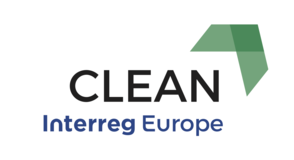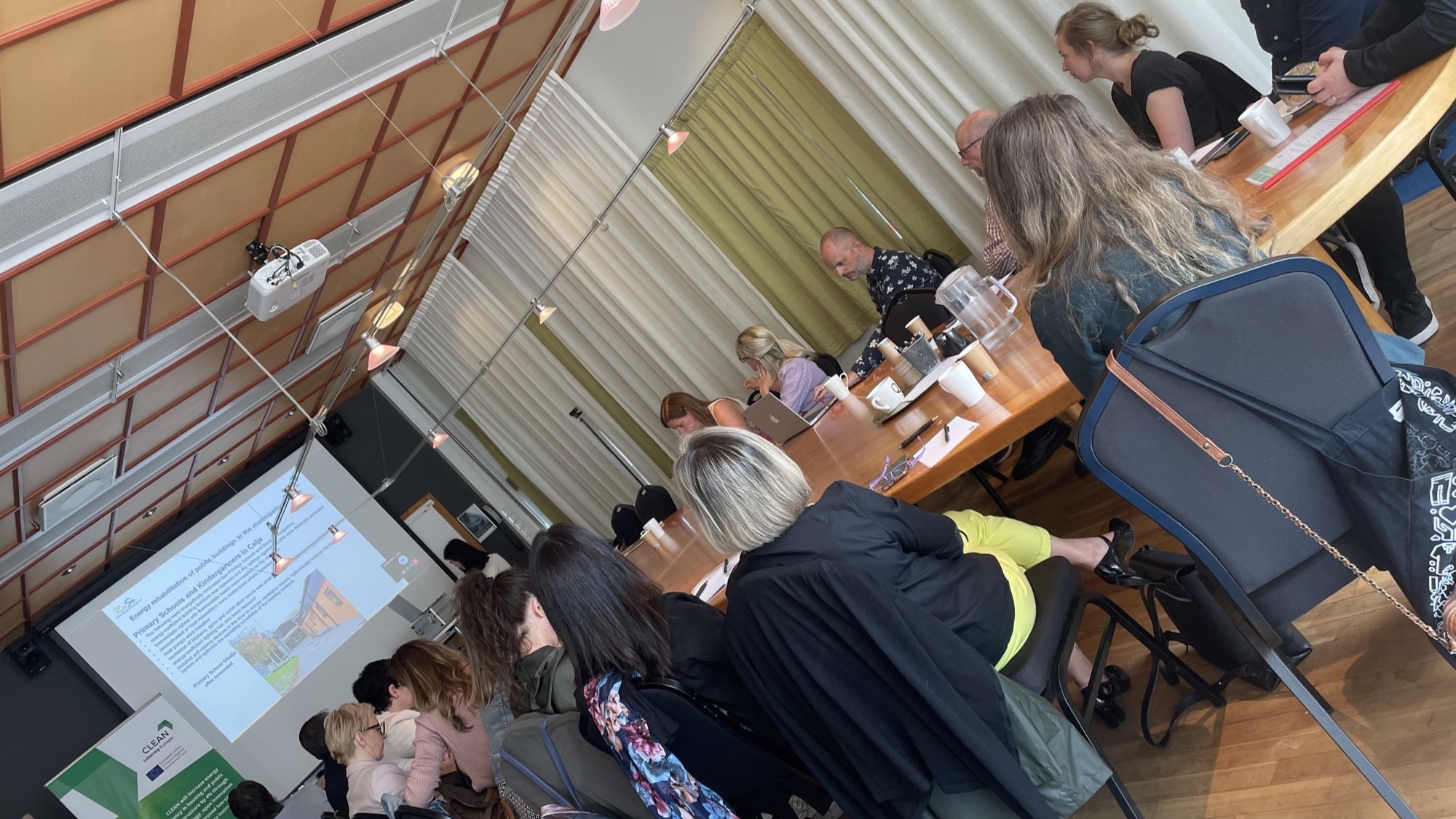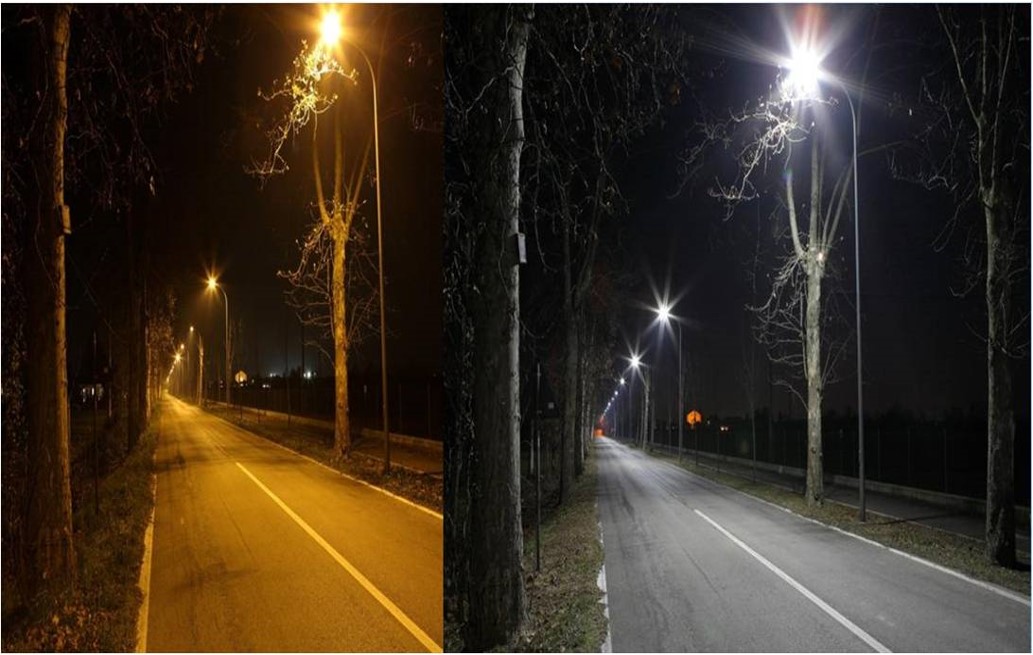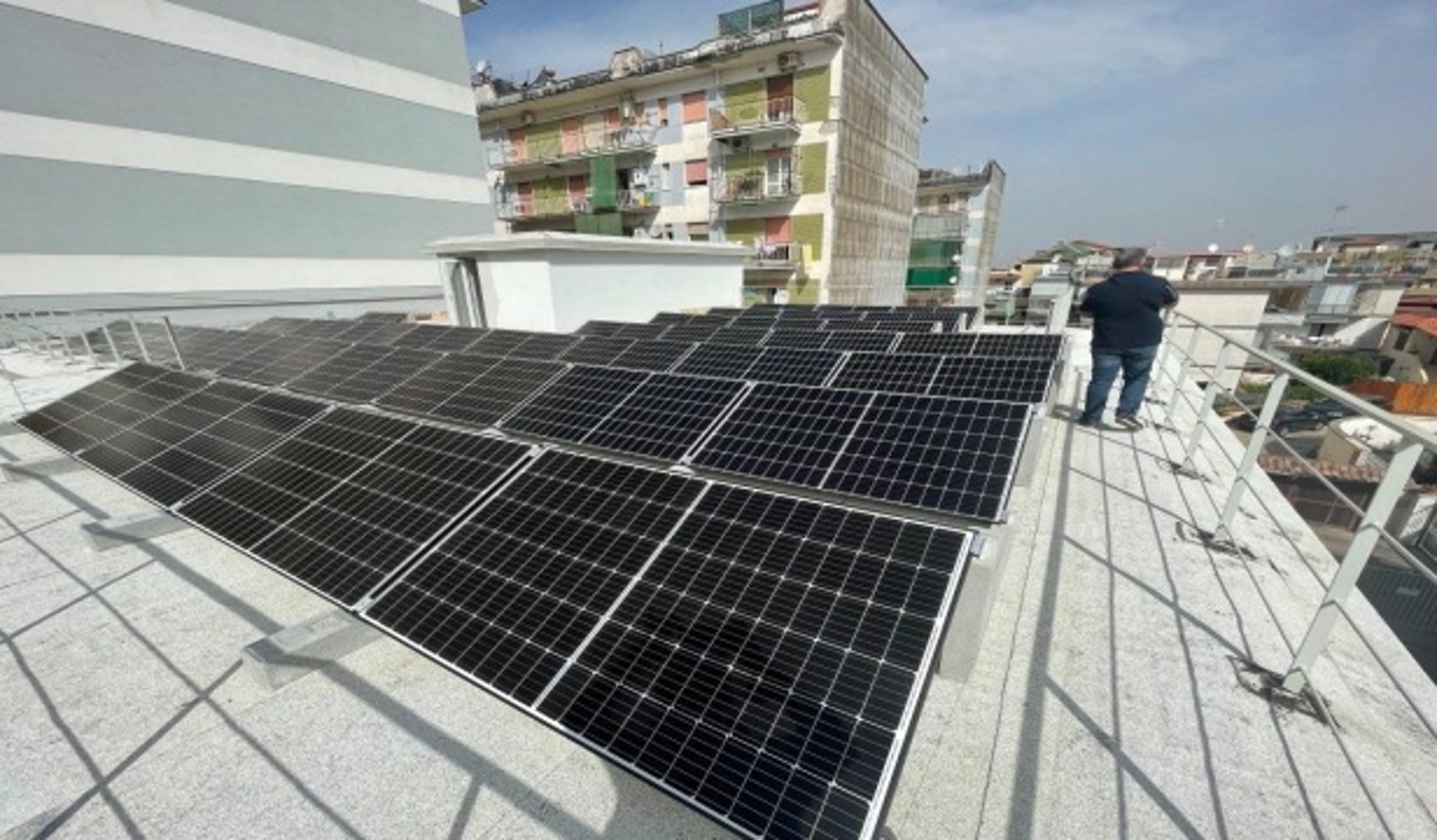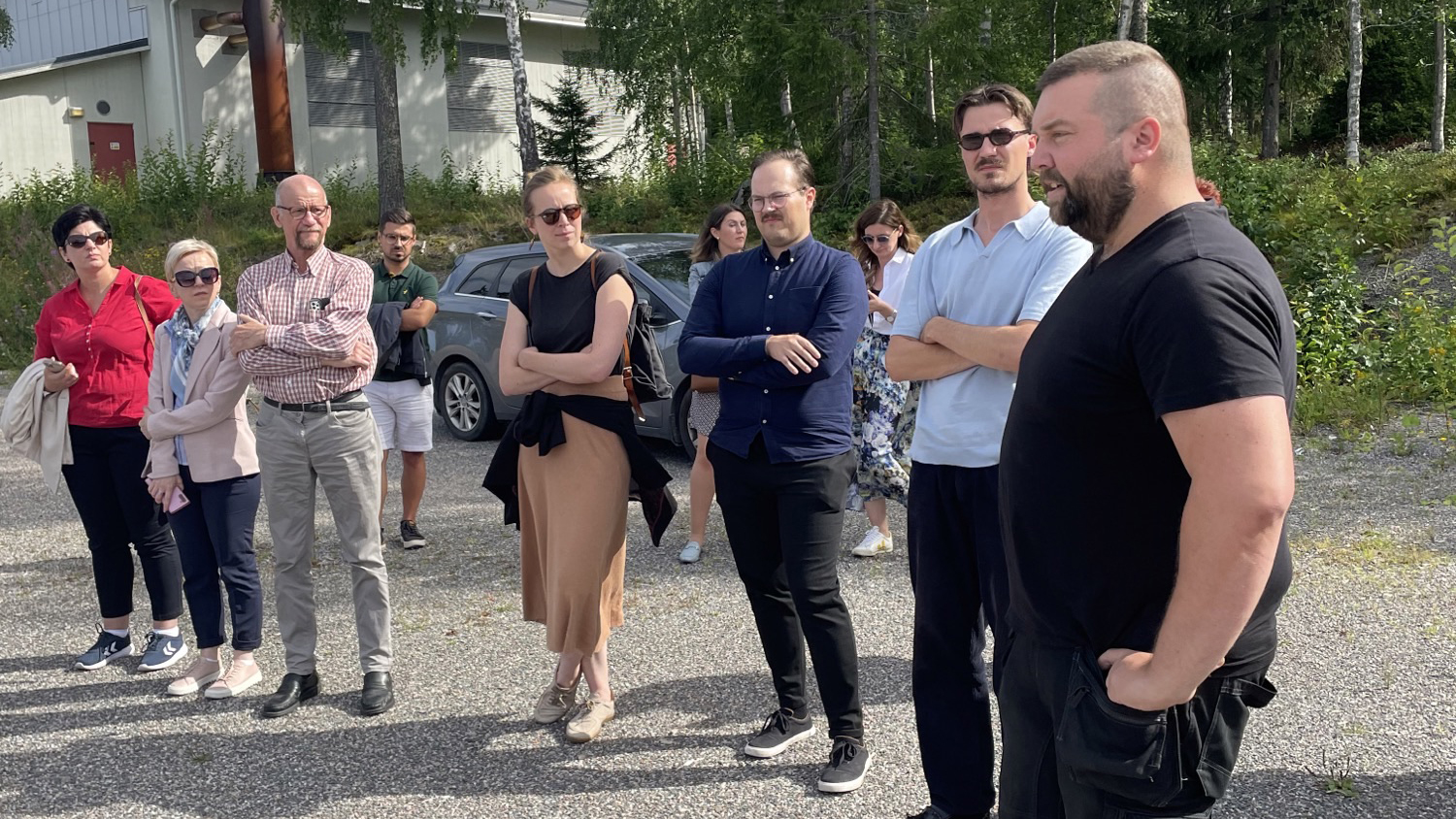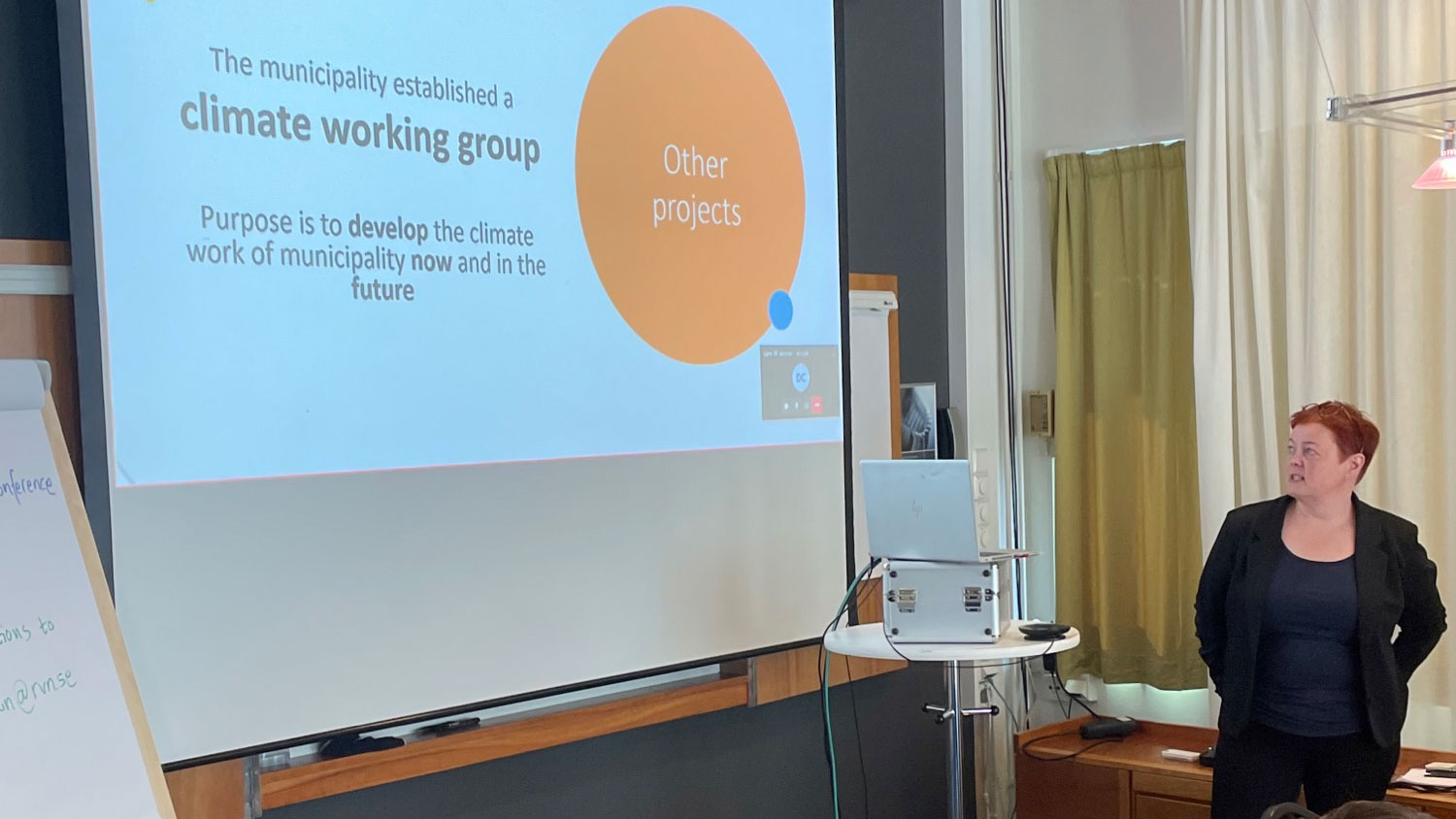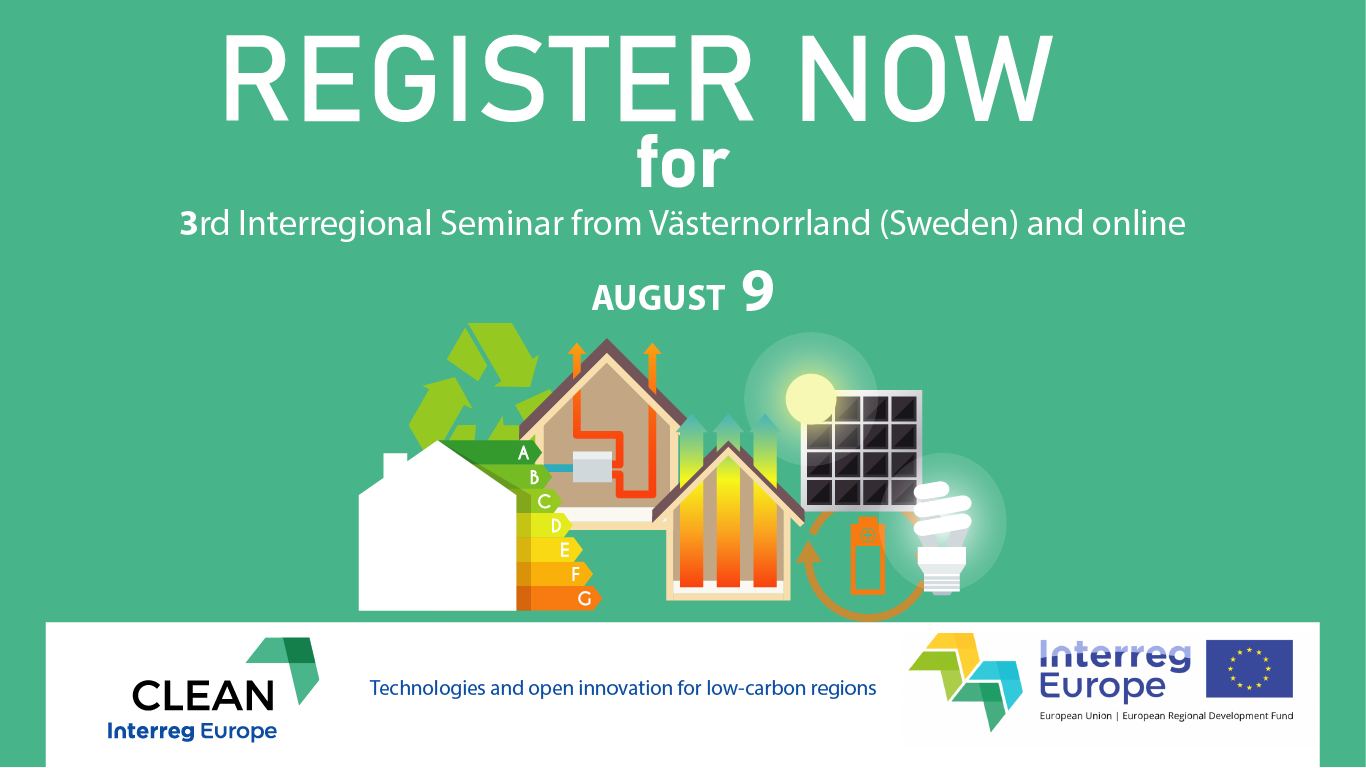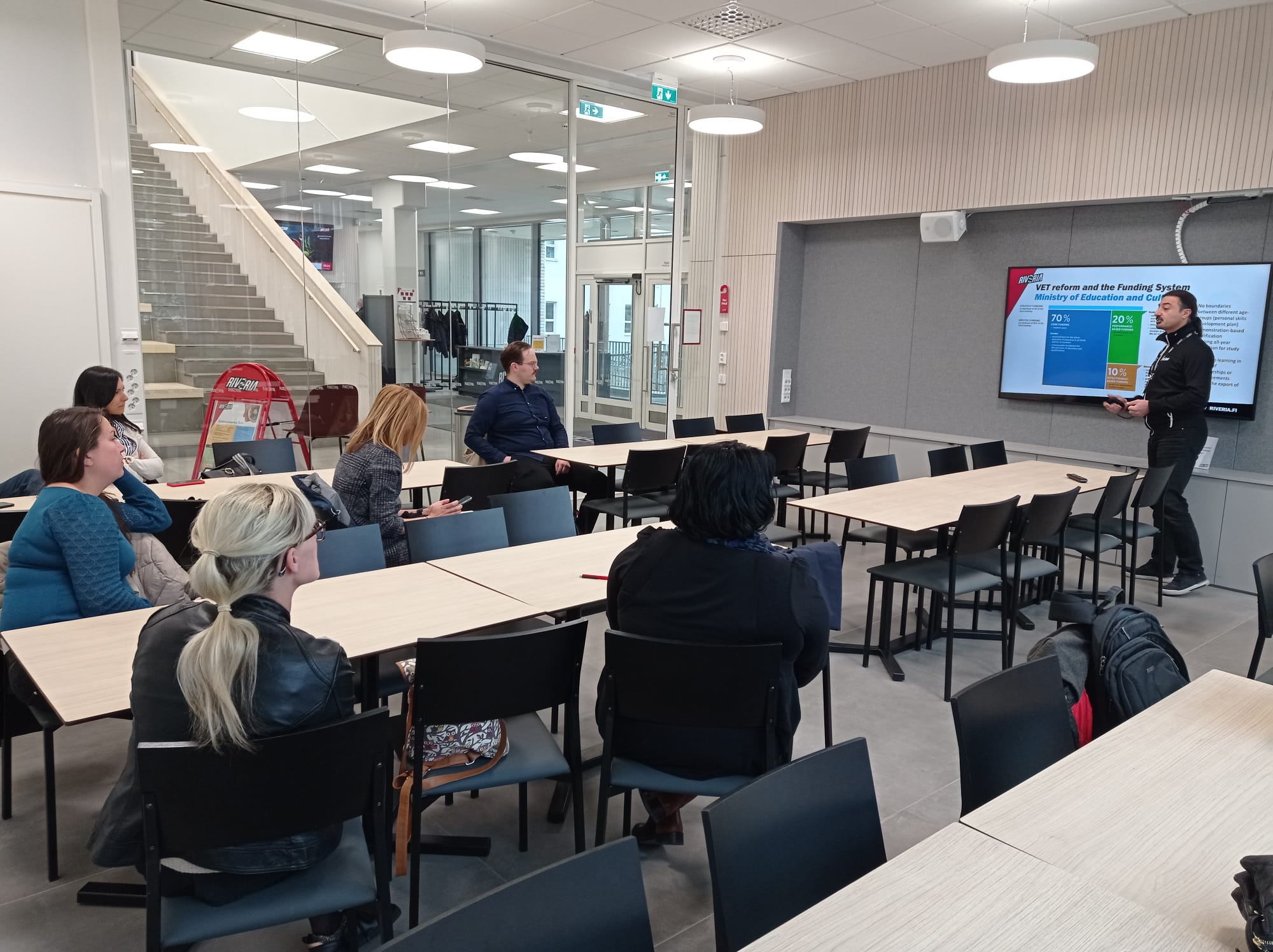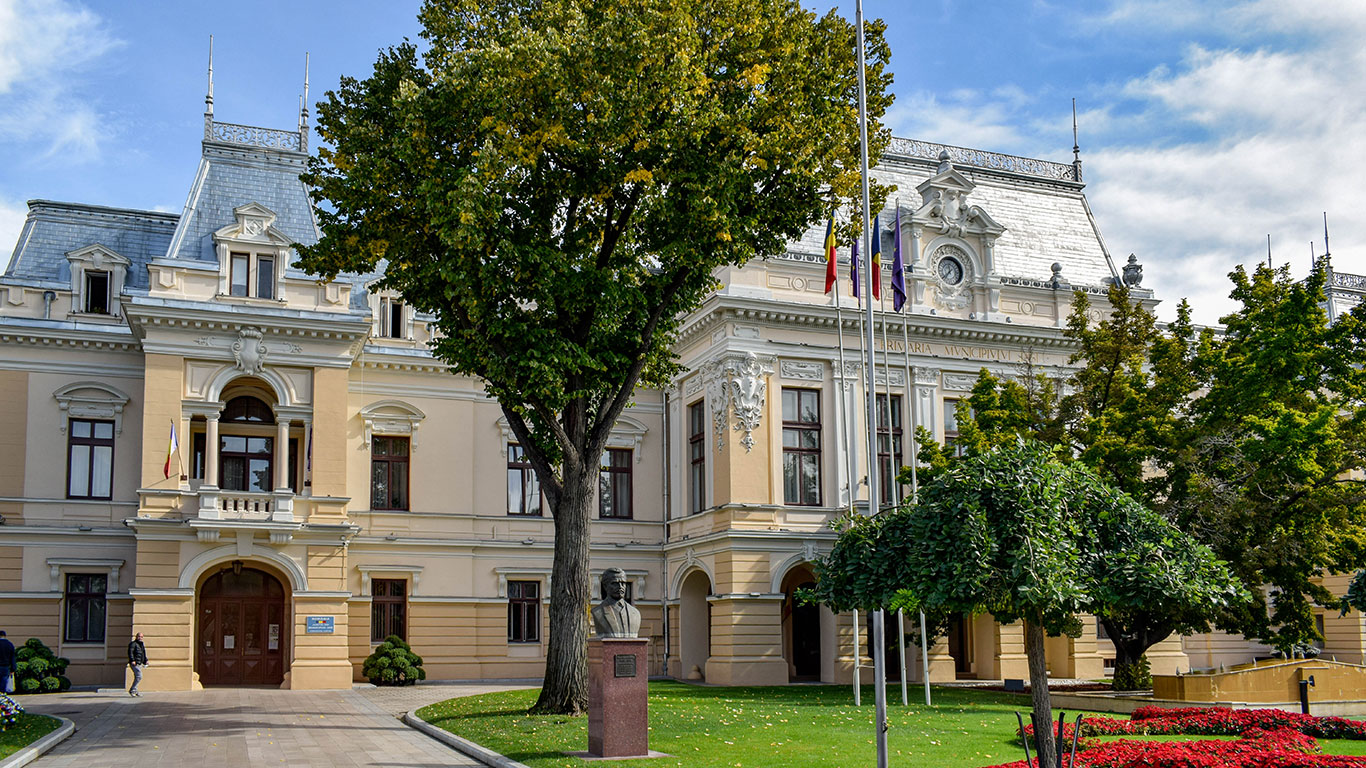On the 9th of August, Interreg Europe funded CLEAN project partners celebrated the third and last seminar of the CLEAN Additional Activities on "Measures to improve energy efficiency of public buildings" from the city of Sundsvall in County Västernorrland (Sweden) and streamed online to all project partners and their stakeholders regardless of their presence in Västernorrland.
During the seminar Sofia Yfanti, Energy Manager of Hersonisos Municipality at Crete Region (Greece) explained how are working to lowering carbon footprint participating in different European funded projects.
Crete, is the largest Island in Greece and a main tourist destination and the Municipality of Hersonisos is not only a main destination in Crete but also among the biggest in the country. It hosts over 35% of Crete’s tourists and 6.5% of Greece’s.
One of the most basic components governing all the local initiatives and plans of the municipality of Hersonissos is the preparation and implementation of actions and actions aimed at saving energy, involving as much as possible citizens, social groups, local agencies, professionals but also the employees of the organization.
As part of it's Strategic Energy Planning, the Municipality of Hersonissos implements projects that promote its sustainable environmental development such as...
- The construction of new bioclimatic buildings (the new primary school and the Kokkini Hani kindergarten in Kopsa)
- The bioclimatic upgrade of the education infrastructure (at Episkopi Primary School, Malia High School and other smaller-scale interventions in other school buildings)
- The use of new technologies in municipal lighting (replacement of a significant number of street lighting fixtures with new LED technology... but also the installation of lighting fixtures with photovoltaic panels)
- The use of technologies to monitor and manage energy consumption in municipal buildings (in the municipal store in Hersonissos and also in the school complexes of Hersonissos Port)
- The utilization of public space regeneration programs (such as Piskopiano Square, Elia, Episkopi)
Realizing the importance of the municipality's role in the experiential learning of an object so complex and at the same time of great vital importance, such as the reduction of our energy footprint and the saving of resources through it, the municipality carries out actions that integrate experiential learning into the framework of good practice and the interaction of the municipal authority's efforts with the local community.
The use of infrastructures that incorporate the concept of energy saving and the daily, in some cases, friction with the corresponding technological applications, help not only to spread information and knowledge about energy issues but to their better understanding, thus increasing the chances of their acceptance and adoption.
Stay tuned to heard more for more speakers!
